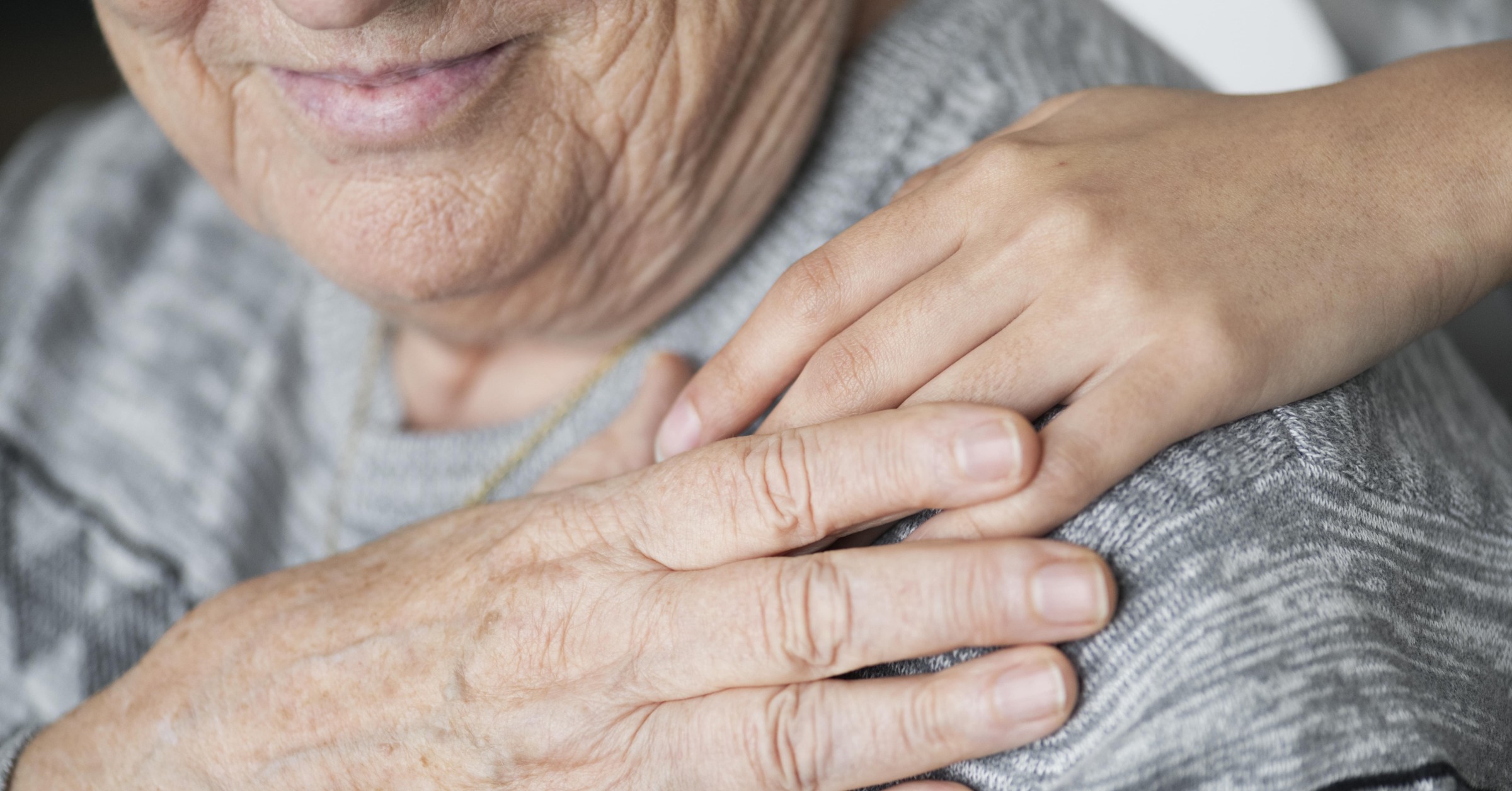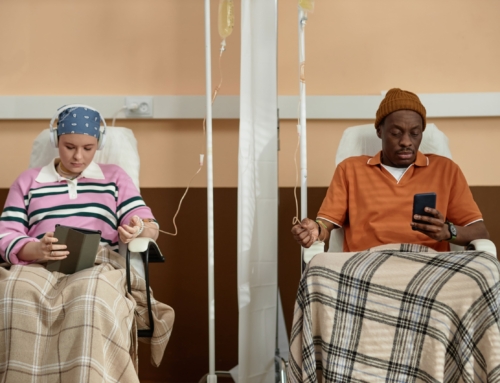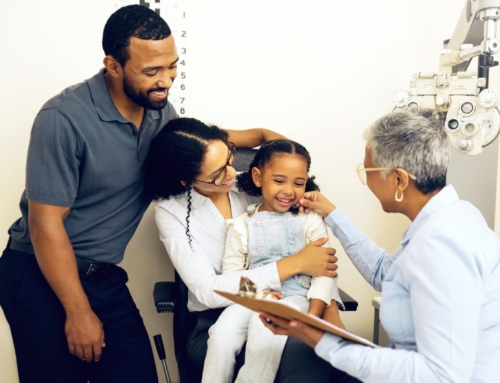Building and maintaining relationships are essential in enhancing the Patient Experience, keeping employees engaged, and creating loyalty. Empathy, compassion, and kindness are crucial psychological elements and skills that are needed to build trust with our patients and families.
During this period of the COVID-19 pandemic, hospitals are rightly focused on survival, but are we seeing signs of putting Patient Experience on the backburner? Now more than anytime in our history is the time to remember our priorities: put the patient first and show compassion, empathy, and kindness through connectedness.
Social distancing is the buzzword of the moment, driven by fear and caution, but how do we maintain the safeguards of social distancing with the ever-important need for human connection? As a society, we were already experiencing the pain of social isolation as a growing epidemic. A 2016 article in the New York Times by Dhruv Khullar describes the percentage of American adults that say they are lonely had doubled from 20 percent in the 1980s to 40 percent by 2016.
Driven by the necessity of responding to COVID-19 to keep people safe, we must be prepared to deal with the impact of isolation in the short and long term. Changing the phrasing of social distancing to physical distancing may make it more palatable; however, the outcome is the same: we are continuing to separate ourselves from human connectedness.
We are all trying to find our form of connectedness as we wait out the confinement period. Some might already be feeling cabin fever or a deeper form of isolation. The psychological effects of isolation in the form of stress, anxiety, and depression are well known and understood. Patients in hospitals experience this ten-fold as they await diagnosis or treatment.
To worsen the Patient Experience more, hospitals have regulated or removed visiting hours, physicians may not always be physically present particularly if communicating via telemedicine, and staff are enclosed in protective covering from face to feet. We are only beginning to learn the process of COVID-19, its treatment, and its long-term effects. All of the unknown exacerbates a patient’s feelings of loneliness, anger, neglect, abandonment, boredom, and stigmatization of being “infected or contagious.”
In addition to patients, families are feeling isolated too. Stress is caused by the change in work habits, juggling personal and professional lives like never before, being socially distant, worrying about their loved ones in the hospital, and worrying about their own health. Financial worries and wanting to visit their family are stressful as well.
At the same time, caregivers are burdened with concerns over limited supplies and equipment, short staffing (perceived or realized), worries of their own family and the very real fear of getting the disease or passing it on to family or other patients.
We are all feeling stressed. Drastic change, isolation, fear of the unknown will do that. We gratefully shine a light on our healthcare providers now. Let’s also consider how we can bring together the “cared for” and the “caring for” in times of considerable uncertainty and stress.
Here are some things to consider when creating a culture of caring during these critical times. These questions are particularly relevant for hospital leadership.
- Were employees and patients loyal before this crisis?
- What is the culture of trust that is being developed now?
- What is the empathic capacity of organizational leadership?
- Does leadership frequently check in with frontline staff and patients and families?
- Are all lines of communication open, including horizontally and vertically?
- Are staff getting enough time off to decompress, check-in with family, and rest?
- Are we partnering with family members and addressing their need to feel part of the patient’s journey?
Empathy is a critical component of communication and connection that has attracted increasing attention in recent years. In a clinical context it is the ability to understand patients’ emotions, which can facilitate caring treatment and partnership with patients and families. a
Empathy matters and is essential to enhance the experience for patients/families/staff. It connects the hearts of human beings and bridges the human experience; it builds trust, which creates more connected positive patient experiences . When patients perceive that they connect on common ground with their providers as partners, they have better recovery rates.
As the world shares the experience of isolation during this crisis, remember, that empathy matters… let your smile and heart change the world, and don’t let this crisis change either.






